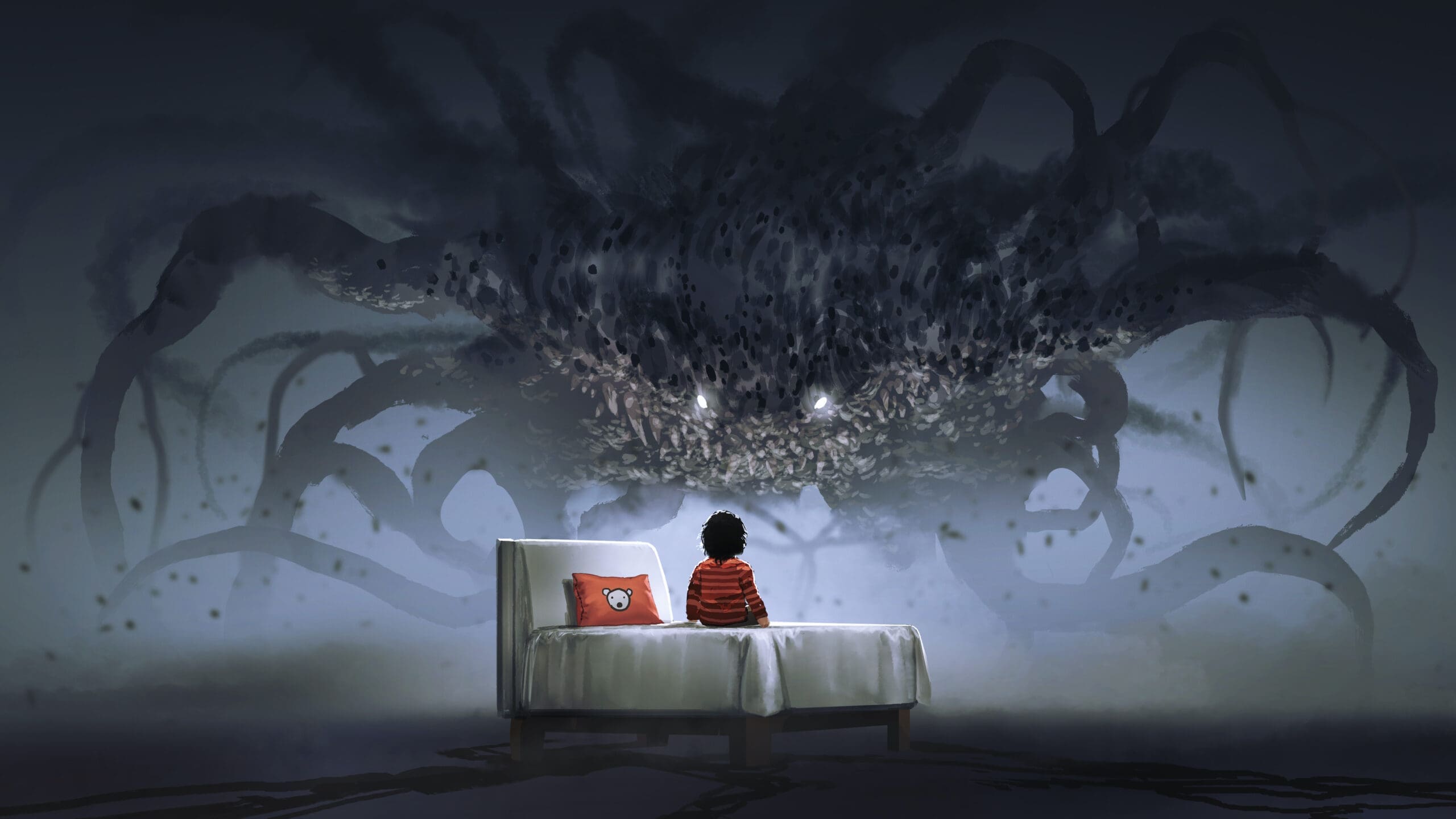Bedtime should be one of the most important parts of the our children’s day. Sometime despite our best efforts we aren’t able to ensure our children get a good nights sleep. While the outside environment is important assure a good nights sleep, many of the sleep issues faced by our children are behavioural or psychological and can often be treated by discussing it with a professional.
Some of these behavioural habits can be dealt with at home by make a few small changes. These include:
Creating a Bedtime Routine:
Start this at least an hour before bed time and include things like a warm bath or shower, reducing the volume or radio and television (better if they an be turned off), dim the lights in their room. You can use this time in your children’s bedroom to read them a story or maybe catch up on the day and have some casual relaxed conversation before you tuck them into bed.
This should create enough time for them to wind down and drift off to sleep.
In the beginning you will notice that any changes to children’s normal bedtime routine can affect how well they settle down – for example, daylight saving, jet lag or a new bedroom. These sleep problems usually sort themselves out within a week or so, as your child’s sleep cycle adjusts to a new routine.
Ensure a proper sleep environment
Some sleep environments can make it harder for children to get to sleep. Check that your child’s sleep space is quiet, dimly lit and neither too hot nor too cold.
Correct eating habits before bedtime
What and when your child eats and drinks can affect their ability to settle down at night.
Some good habits to inculcate into your child:
- Make sure they avoid any form of caffeine in the afternoon, including energy drinks, coffee, tea, chocolate and fizzy drinks.
- Plan the evening meal so that everyone is satisfied but not too full when they go to bed.
Physical activity
If your child isn’t doing enough physical activity during the day, they might not be feeling physically tired enough to settle down for sleep when it’s finally bedtime.
Encourage your child to be more active during the day or even go out as a family for a walk or bike ride in the afternoon. Get your child to be active outside, because plenty of natural light during the day helps them wind down quicker during bedtime and fall asleep deeply.
Look out for these sleep problems your child may be facing:
Bedwetting
Bedwetting can be a serious emotional issues for many children when bedtime approaches. It happens when children don’t wake up in the night when they need to do a wee. Some children wet the bed because they sleep very deeply. Other children wet the bed because they produce larger than usual amounts of wee at night, or because their bladder spasms during sleep.
Children can’t control bedwetting, and they almost always grow out of it. Make sure to remind your child that bedwetting is normal and reassure them there is nothing wrong with them.
If bedwetting persists pasts the age of 8 or happens quite frequently, go and see your GP. Constant and prolonged bedwetting can cause a child losing out of important social experiences such as sleep over or going to their friends house because they are afraid of bedwetting. It can also create anxiety and depression.
Obstructive sleep apnoea
If your child has obstructive sleep apnoea, it means that they sometimes stop breathing when they’re asleep. You will be able to identify this if you observe your child sleeping. If they snore, pause or struggle to breath at times during the night and if they seem tired and drowsy during the day.
If you think your child has sleep apnoea, see your GP. Sleep apnea can hinder intellectual and physical growth both in adults and children.
Your child can start reclusing themselves from sleep overs and camping trips if their snoring becomes a noticeable issue.
Night terrors and Nightmares
Nightmares and Night terrors are two very different things. Night terrors are less common than nightmares and usually disappear by puberty. It happens when your child suddenly become agitated during deep sleep. Night terrors don’t harm the child and often they dont remember it in the morning. It usually more scary for the parents observing it then the children experiencing it.
Nightmares are very common, especially in early school-age children. Nightmares are often scary enough to wake children up. With age most children get better at understanding that a dream is just a dream. Nightmares happen in the second half of the night, which is when your child dreams the most.
Sleeptalking and sleepwalking
Many school-age children sleeptalk. Children sleep talk if they’re excited or worried about an event or experience. Sleep talking isn’t serious so don’t be too concerned. You can resolve sleep talking through discussing with your child anything that is worrying or upsetting them.
Sleepwalking is caused by a disconnect between the mind nd the body. While the child’s mind is asleep but their body is awake. It sometimes runs in families, and can also be caused by anxiety or a lack of sleep. Sleepwalking usually doesn’t need treatment, and most children grow out of it as teenagers.
Teeth-grinding and thumb-sucking during sleep
Many children grind their teeth in their sleep. It doesn’t mean there’s anything wrong with your child, and it usually doesn’t cause damage.
Thumb-sucking can cause dental problems for children older than about five years.
If you’re concerned about your child’s teeth-grinding or thumb-sucking, talk to your dentist.





